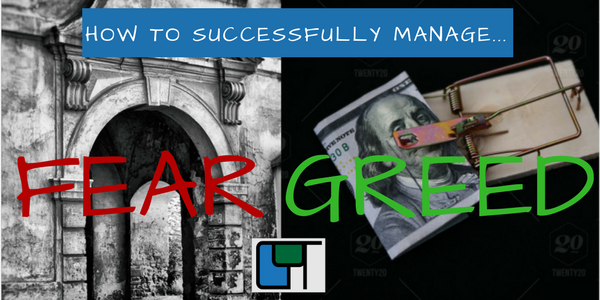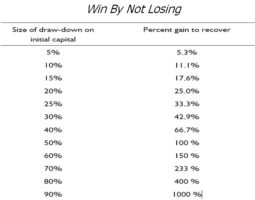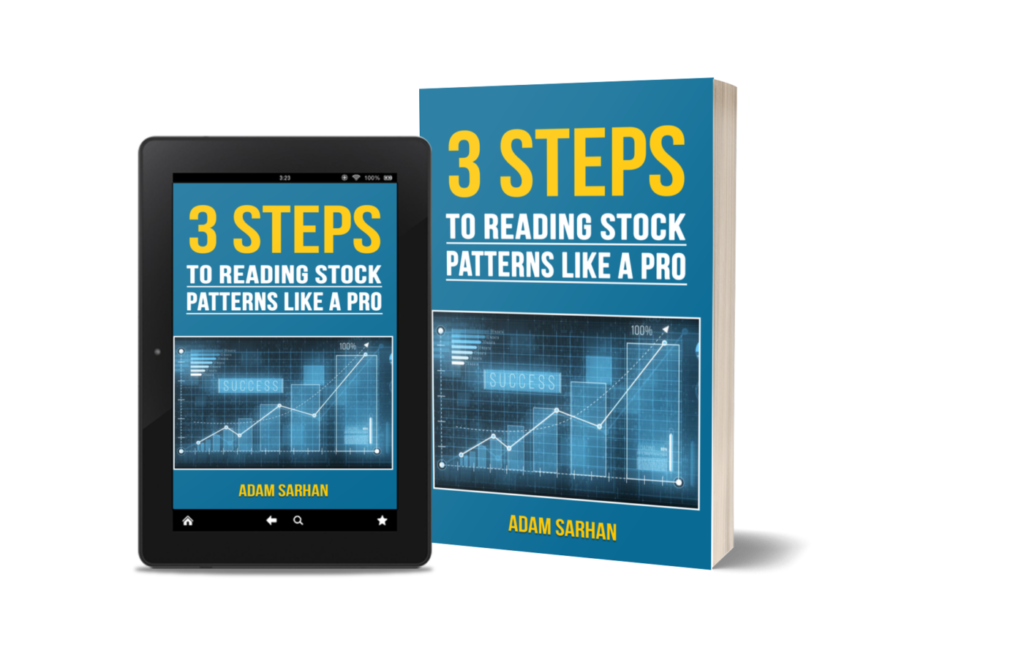 The two most dominant emotions that drive markets across the globe are fear and greed. These emotions have remained constant throughout history, and will always be present in the markets.
The two most dominant emotions that drive markets across the globe are fear and greed. These emotions have remained constant throughout history, and will always be present in the markets.
Here Are How Successful Traders Manage Fear & Greed
Hold Onto Their Winner and Cut Their Loser Quickly:

Successful traders operate with the notion that markets are counter-intuitive in nature and learn how to consciously remove their emotions from their investment decisions. This process allows them to cut their losses and let their winners run. Remember, markets take on the personalities of their participants. The way the basic emotional triggers work is that when a stock is bought at 30 and it goes to 33, some traders are fearful that they will lose their profits and quickly sell to lock in the gain. Conversely, if they buy a stock at 30 and it falls to 25 they become greedy and hope that it will go back up so they can get out and break-even. Another psychological layer comes into play at this point because for most unsuccessful people they believe that selling for a loss means they are “wrong” and that hurts their ego. The successful trader will do the opposite! They will hold onto their winner and cut their loser quickly.
Have an Exit Strategy:
The successful trader always has an exit strategy before they buy a stock. This way they know ahead of time where they are going to get out if the market moves against them, and how much they are going to lose if wrong.
Profits Are a Function of Time:
 The successful trader also know that profits are a function of time. They learn how to be patient with their winners and impatient with their losers. Once you realize that taking small losses is inevitable, you can plan for them and no longer take it personally when you are stopped out for a small loss. Instead, it becomes a cost to doing business. Trading Math supports this notion (see table to the right). It is infinitely easier to recover from a small loss than it is to recover from a large loss. The numbers help illustrate this important and often overlooked concept.
The successful trader also know that profits are a function of time. They learn how to be patient with their winners and impatient with their losers. Once you realize that taking small losses is inevitable, you can plan for them and no longer take it personally when you are stopped out for a small loss. Instead, it becomes a cost to doing business. Trading Math supports this notion (see table to the right). It is infinitely easier to recover from a small loss than it is to recover from a large loss. The numbers help illustrate this important and often overlooked concept.
Create A Plan, Then Trade Your Plan:
Successful traders contemplate where they will exit if wrong and how much they are going to lose. This simple, yet often overlooked step will help you take small losses because once you have a plan, all you have to do is trade your plan.
Check Out More Blog Posts Here:
- How to Let Your Money Work For You
- 10 Ways To Control Your Emotions on Wall Street
- Top 10 Ways to Think Differently About the Stock Market




